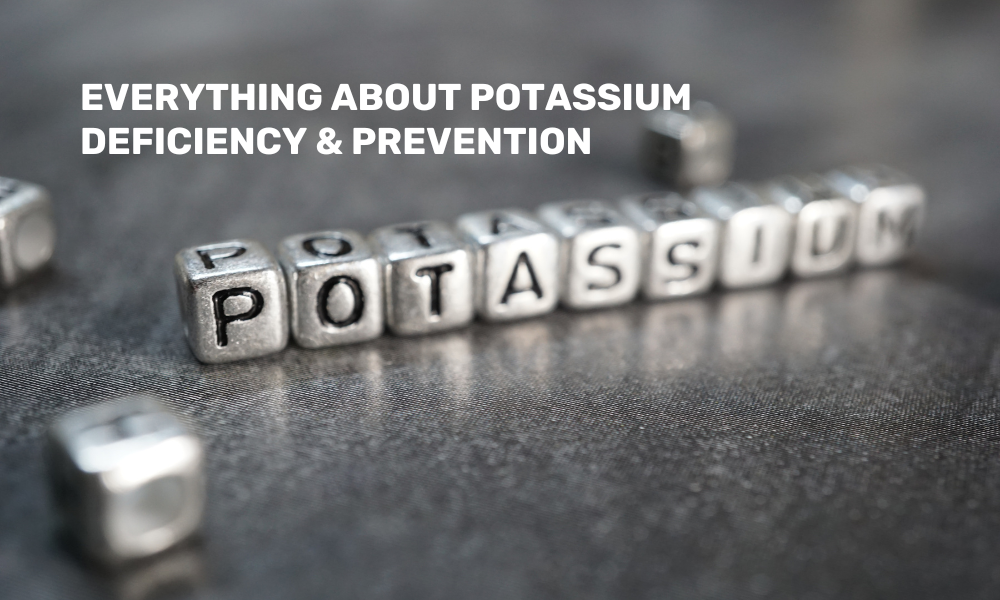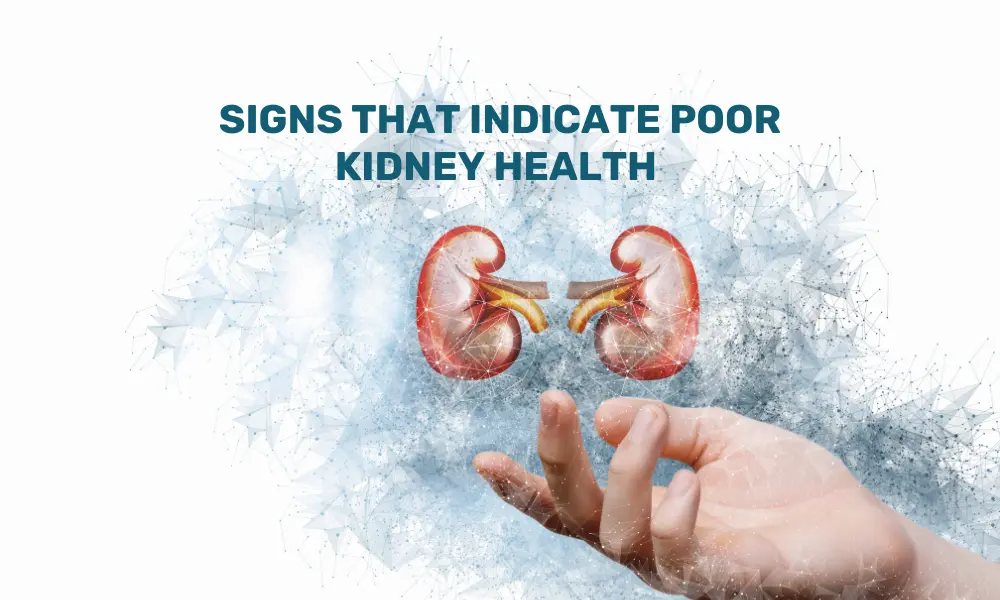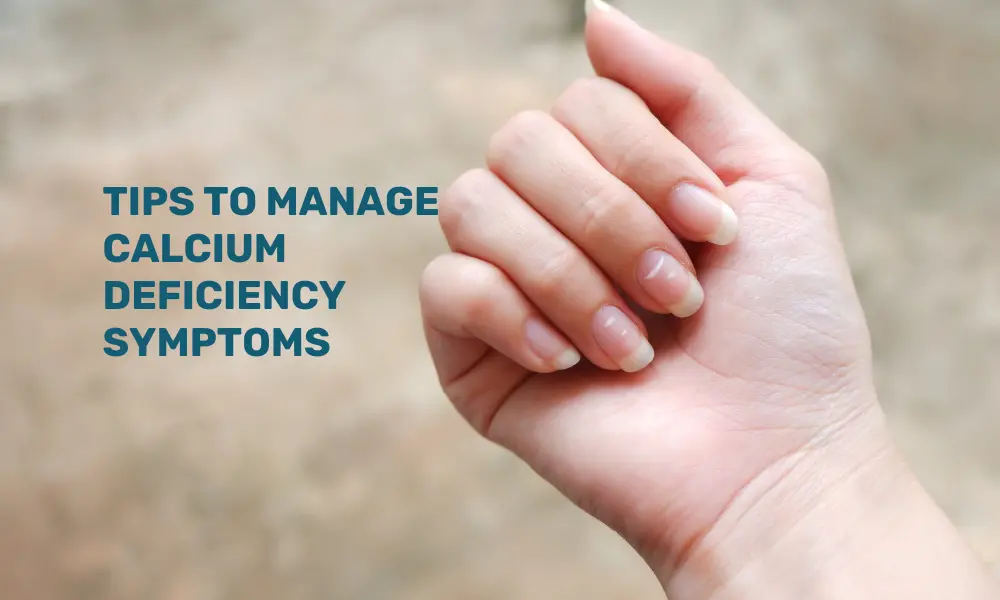Potassium is a mineral that is essential for all the functions of our body. It helps our nerves, muscles, and heart function well, as well as helps move nutrients and waste around our body’s cells. Potassium Deficiency can be dangerous for our health.
Most of our body’s potassium is present in the cellular space of skeletal muscles. It is a vital mineral that helps maintain normal fluid levels inside our cells, as well as contraction in muscles and supports normal blood pressure. Nerve impulses are conducted throughout the body with the help of potassium. This process is also known as sodium and potassium exchange due to the presence of electric potential with the help of potassium and sodium ions.
Role of Potassium in our body
-
Maintaining normal blood pressure
-
Controlling muscle contractions
-
Transmitting nerve signals between organs
-
Ensuring optimal water balance within the system
-
Balancing pH in the body between acidity and alkalinity
The right amount of potassium may help:
-
control blood pressure
-
protect against strokes and cardiovascular disease
-
protect against osteoporosis
-
prevent kidney stones
Potassium deficiency (hypokalaemia) is when a person has abnormally low potassium levels. Some people with potassium deficiency don’t experience any symptoms, but others will notice muscle weakness, muscle cramps, and an abnormal heart rhythm (arrhythmia).
Causes
Potassium deficiency can occur in many situations. Some causes include the lower constitution of this mineral in your daily diet and the lack of potassium absorption enzymes in the body. Generally, the prime causes of potassium deficiency can be vomit or diarrhoea due to an upset stomach or if a high amount of laxatives is consumed.
Symptoms
The symptoms of potassium deficiency are excessive body weakness, fatigue, numbness in hands and feet, and muscle weakness. When there is a severe potassium deficiency, the muscles start cramping; blood pressure becomes low, followed by excessive thirst and urination. Irregular heartbeat and fainting are other prime symptoms of potassium deficiency.
Potassium relaxes the blood vessels, which keeps blood pressure under control. Therefore, due to its deficiency, the problem of blood pressure can also be diagnosed. This also increases the risk of heart disease. The deficiency of potassium can also weaken the digestive system.
Food To Curb Potassium Deficiency
Generally, many types of foods contain small amounts of potassium. However, if you have such symptoms, add some green leafy vegetables and citrus fruits to your diet.
Squash, spinach, kale, etc., are considered beneficial for curbing potassium deficiency in the body. You can also increase the intake of raisins, apricots, beans, legumes, broccoli, avocado, tomato, dairy, buttermilk, etc., in your diet for a few days to regulate the amount of potassium in your body.
Knowing the importance of potassium, it is imperative to ensure proper intake of this essential mineral. Further, in case of experiencing any symptoms, one must consult a doctor. CLICK HERE to consult a GP.
FAQ on Potassium Deficiency
How can I raise my potassium quickly?
To increase potassium in the diet, one must consume foods high in potassium, such as:
-
Artichokes.
-
Avocados.
-
Bananas.
-
Beans (baked, black, pinto, etc.)
-
Beet greens.
-
Bran products such as cereals.
-
Broccoli.
-
Brown or wild rice.
What happens if potassium is low?
Potassium deficiency (hypokalaemia) is when a person has abnormally low potassium levels. Some people with potassium deficiency don’t experience any symptoms, but others will notice muscle weakness, muscle cramps, and an abnormal heart rhythm (arrhythmia).
What are the deficiency symptoms of potassium?
-
Constipation.
-
The feeling of skipped heartbeats or palpitations.
-
Fatigue.
-
Muscle damage.
-
Muscle weakness or spasms.
-
Tingling or numbness.
How do you test your potassium levels at home?
A urine test can be undertaken using a single urine sample or urine collected over 24 hours.
Can drinking a lot of water lower potassium?
Excessive water consumption may lead to the depletion of potassium, an essential nutrient.





